The increasing digitalization does not stop at research. It opens up completely new possibilities for scientific work. This does not only strengthen the importance of open science practices. Open Science fosters the global exchange of research findings and enables new forms of collaboration, but also enables many new digital artefacts of the scientific innovation cycle – with unique scientific, social and economic potential.
To highlight the importance of Open Science also at the GFZ Helmholtz Centre for Geosciences, the Department of Geoinformation organized the 1st Open Science Day at GFZ on March 3, 2025. In her welcoming address GFZ's Scientific Executive Director Susanne Buiter emphasized the important role of Open Science, especially for the earth and environmental sciences. The morning continued with insightful presentations on key Open Science topics.
Luise Ott, head of the Library of the Science Park Albert Einstein, kicked off the event by presenting the main features of an open access strategy for the GFZ. She began by presenting the open access rate of GFZ’s scientific publications to date (84.4% for the publication year 2022) and used five fields of action to show how the 100% open access rate targeted in the Helmholtz Centers' voluntary commitment could be achieved.
Marcel Meistring, the interim head of section 5.1 Data and Information Management, then presented the Specialised Information Service for Geosciences based on a presentation by Melanie Lorenz (FID Geo), which is operated by Section 5.1 and the Göttingen State and University Library. This not only offers the geoscientific research community in Germany extensive networking and consulting services, but also important infrastructures for the open publication of research data and texts with GFZ Data Services and GEO-LEOe-docs.
In the third keynote speech, Mathijs Vleugel, head of the Helmholtz Open Science Office, shed light on the topic of research assessment. He presented various initiatives that aim to counteract the inflationary use of citation-based metrics with alternative assessment methods for evaluating scientific quality.
After this block of keynote speeches, the participants were invited to learn about and exchange ideas on practical approaches in four thematic workshops on the topics of open research software, open research data, the open access strategy and the reform of research assessment. In addition, a marketplace in the foyer offered participants information on various initiatives and offers related to open science.
Panel discussion on the reform of research assessments
The event kicked off in the afternoon with a panel discussion on the topic of reforming research assessment. In addition to Susanne Buiter and Mathijs Vleugel, the head of the Helmholtz Young Investigators Group InDySE, Veronica Rodriguez Tribaldos (Section 2.2), and Johannes Wagner (publishing services provider at Copernicus Publications) discussed this complex topic, contributing different perspectives on approaches to reforming research assessment. The exchange made it clear that a systemic approach is needed that addresses different levels of the science system and must be implemented jointly by the various actors.
The panel discussion was followed by another block of keynote speeches. Markus Kubin (Helmholtz Zentrum Berlin and HMC Hub Matter) presented the results of two surveys conducted by the Helmholtz Metadata Collaboration (HMC) among scientists and data professionals on the current state of knowledge, challenges and opportunities for research data management at the Helmholtz Association's centers.
In his presentation, Wolfgang zu Castell (Director of Department 5 and spokesperson of the Working Group Open Science of the Helmholtz Association) addressed questions about the security of action in the context of Open Science. Due to the current tense geopolitical situation, the open sharing of research results is repeatedly being questioned in favor of safeguarding security interests. Since the concerns of Open Science correspond to the consistent implementation of the principles of good scientific practice, the basic concerns of Open Science must not be sacrificed for the sake of other interests. As an example of how to deal with such tensions, he reported on the Helmholtz Association's dialogue with the Chinese Academy of Science (CAS).
The day concluded with an inspiring talk by Deborah Schmidt (Max Delbrück Center and Helmholtz Imaging) who introduced the diverse activities and support services of the Helmholtz Imaging platform, another platform of the Helmholtz Information & Data Science Framework alongside HMC. This presentation also provided an ideal bridge to the opening ceremony of the Best Scientific Image competition exhibition, which can be viewed in the library of the Science Park until April 14.
The first Open Science Day at the GFZ has thus set the scene for raising awareness of the topic of Open Science at the GFZ and bringing this important topic closer to the researchers at GFZ.
The presentation slides are available on Indico.
Further information and interesting resources:
- Support pages GFZ data Services
- Open Access Publishing at the GFZ
- Research Software Directory
- FERN.Lab Cookiecutter:
Interested in getting started with sustainable software development?
Have a look at the FERN.Lab Cookiecutter repository templates, which enable FAIR and Open Science by supporting e.g. clean coding, automated documentation and CI/CD pipeline integration as well as publication preparation through integrated connection to e.g. pypi and zenodo.
Join our hands-on Cookiecutter workshop at the GFZ on 01.04. or 10.04.! Please register here: https://nuudel.digitalcourage.de/DiNvbhvRbB5xrYKn
![[Translate to English:] A painted, open book from which various contents fly up, with the words “Open Science Day 2025” above it](/fileadmin/_processed_/e/e/csm_20250325_Open-Science-Say-2025_-c-pengzphoto-adobe_ddb6fbbd4d.jpeg)
![[Translate to English:] [Translate to English:] Metallbrücke, die zum Teil gebrochen ist und durch die ungewöhnlich viel schlammiges Wasser fließt](/fileadmin/_processed_/9/6/csm_2026_01_22_Bridge_broken_due_to_flash_flooding_in_North_Sumatra_25_Nov_2025_cbe62be46b.jpeg)
![[Translate to English:] Tim Schöne in front of his scientific poster](/fileadmin/_processed_/5/b/csm_Tim_Schoene_EGU_Wien_2025_3cb7b450f2.jpeg)
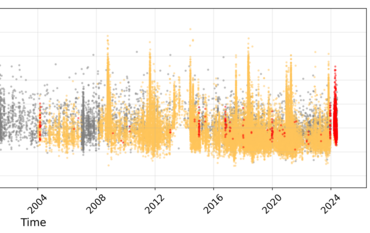
![[Translate to English:] [Translate to English:] Logo GFZ Discovery Fellowship](/fileadmin/_processed_/4/6/csm_Gl%C3%BChbirne_GFZ_Discovery_Fellowships_7986583426.png)
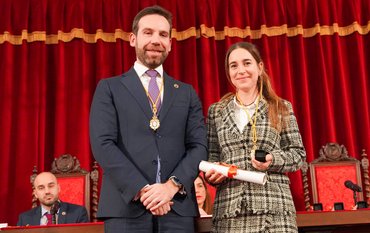
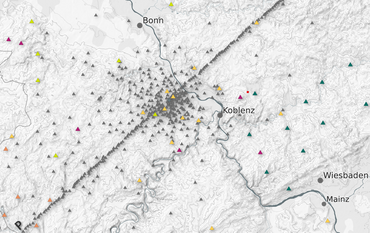

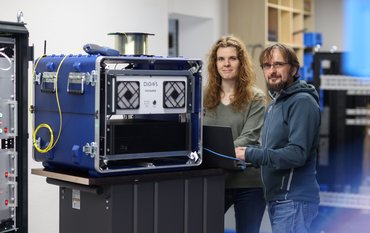
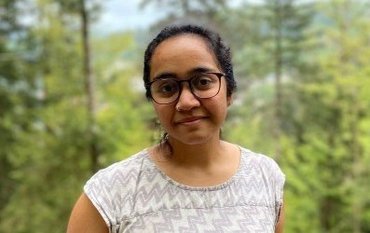
![[Translate to English:] Susanne Hemmleb (right) and her GEOFON colleague Peter Evans (both Section 2.4) hold the CoreTrus](/fileadmin/_processed_/0/a/csm_cert0677_CoreTrustSeal_Geofon-02_93ac53757f.jpeg)
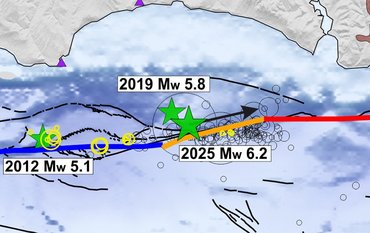
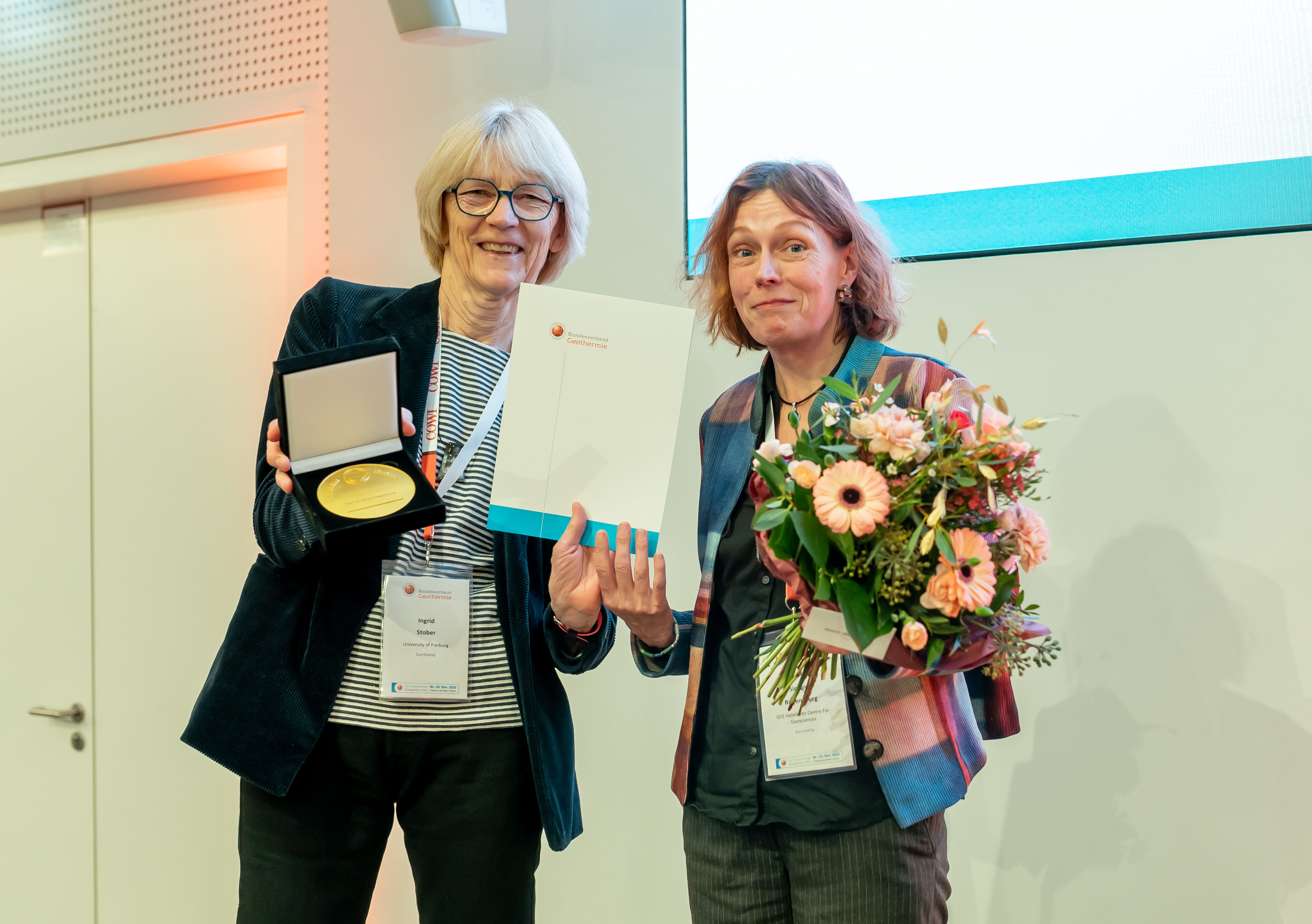
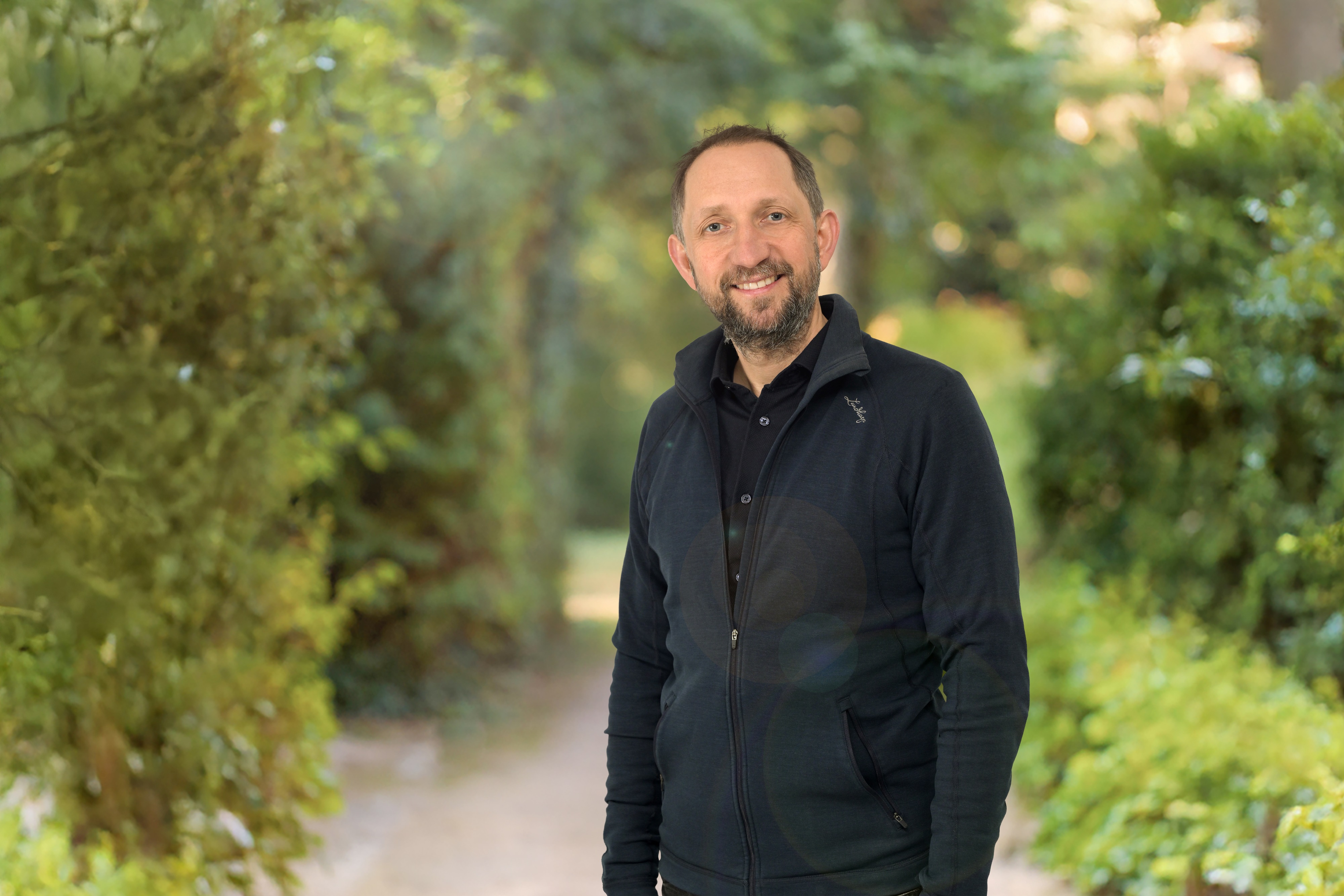
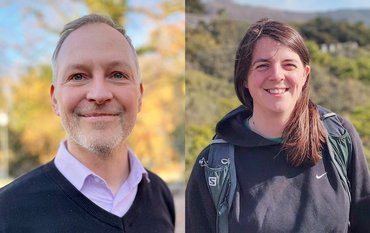
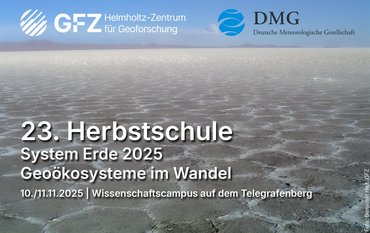
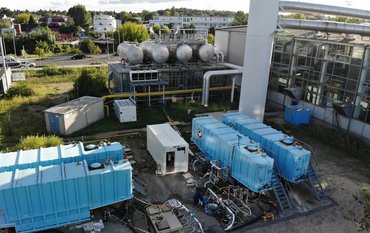
![[Translate to English:] Group photo with 8 people in a seminar room in front of a screen.](/fileadmin/_processed_/2/1/csm_20251114_News_EU-Water-Resilience-Exchange_Kreibich_c-xx_db4e5be690.jpeg)
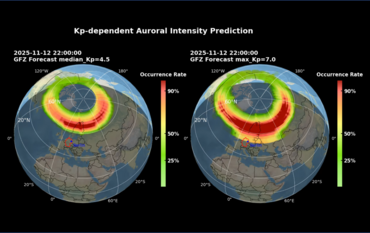
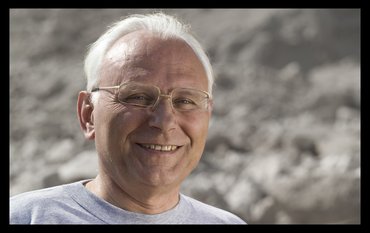
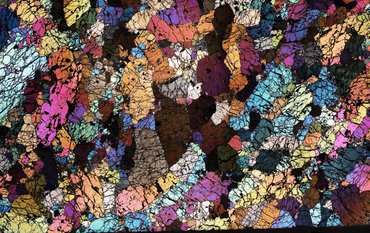
![[Translate to English:] Portrait photo, blurry background](/fileadmin/_processed_/a/2/csm_2025_11_06_JEAN_BRAUN_HE_Helmholtz_Portraits-23_2b5c35beee.jpeg)
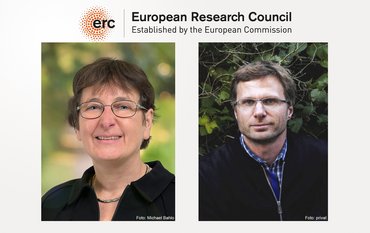
![[Translate to English:] Excerpt from a map of the Phlegraean Fields near Naples, Italy: Left: Red dots mark smartphone sensors, yellow triangles mark fixed seismological stations. Right: The area is coloured in shades of yellow, red and purple according to the amplification of seismic waves.](/fileadmin/_processed_/3/b/csm_20251028_PM_Smartphone-Earthquake_Slider_12500fa0e6.jpeg)
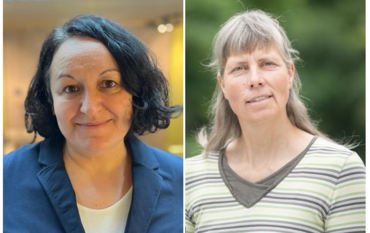
![[Translate to English:] Green background, portrait of Heidi Kreibich](/fileadmin/_processed_/1/1/csm_20251023_Kreibich-Heidi-2025-Vollformat-green_web_-c-Michael-Bahlo_72946c7fe4.jpeg)
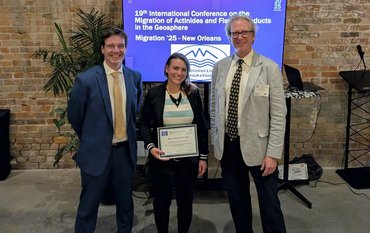
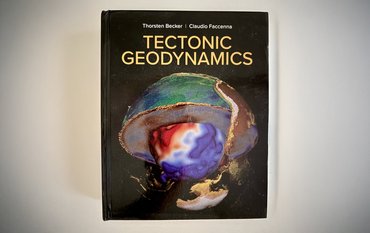
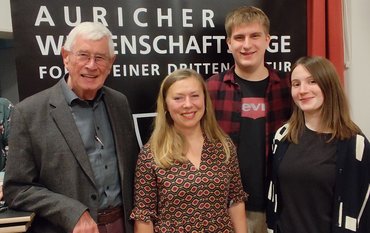
![[Translate to English:] semicircle depicting the future missions, graphics of the new satellites](/fileadmin/_processed_/3/d/csm_2025_10_08_Copernicus_Erweiterung_3f08a76a33.png)
![[Translate to English:] Portrait picture](/fileadmin/_processed_/f/4/csm_Magnall-Joseph-Kachel-c-privat_36e23315c3.jpeg)